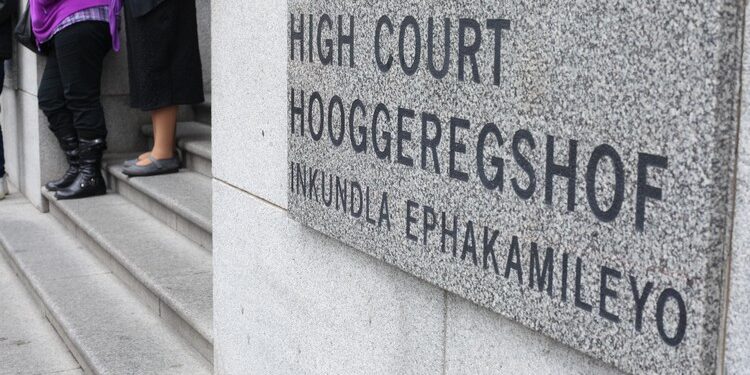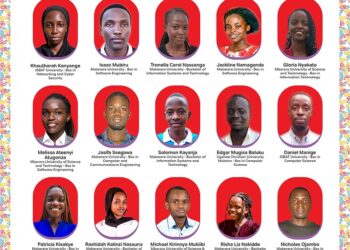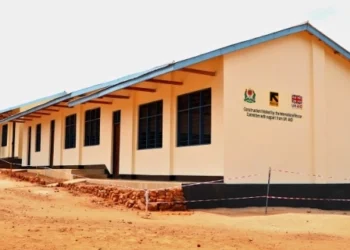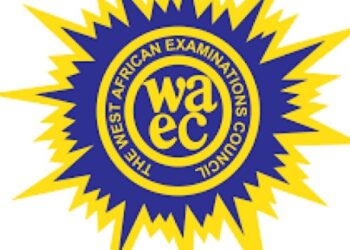Equal Education is challenging the Western Cape Education Department’s (WCED) school admissions policy in the Western Cape High Court, arguing that it is unconstitutional because it does not adequately cater for late applicants.
The organisation claims that the current system fails to make provision for parents and caregivers who, due to circumstances beyond their control, apply late for school placements. WCED, however, maintains that it is the responsibility of parents to apply on time and insists that late applicants are accommodated within existing policies.
The case focuses specifically on learner placement in the Metro East Education District (MEED). The applicants include Equal Education and five parents or caregivers whose children applied late for the 2024 school year due to unexpected hardships, such as the death of a parent, job losses from the COVID pandemic, or relocation for employment opportunities.
Thursday’s hearing marks Part B of the legal proceedings. In Part A, concluded in July 2024, Judge Lister Nuku ruled in favour of Equal Education, ordering the department to place all late applicants in schools. This judgment prompted WCED to set up new procedures, including “pop-up” admission stations in several Cape Town areas.
Despite these changes, Equal Education argues that systemic issues persist. They are asking the court to declare that:
The department’s failure to plan for late applications violates the Constitution;
The admissions policy itself is unconstitutional for failing to accommodate late applicants;
The policy unfairly discriminates based on race, poverty, place of birth, and social origin.
According to Equal Education, the current policy does not clearly outline:
The steps late applicants must follow;
Who is responsible for assisting late applicants;
The expected timeframe for placements;
Procedures for applicants lacking necessary documentation.
The organisation argues that denying timely school placement infringes on children’s constitutional right to basic education — a key avenue for escaping poverty. They highlight that most late applicants come from socioeconomically disadvantaged backgrounds, primarily Black communities migrating from the Eastern Cape, thus perpetuating cycles of poverty.
Equal Education also disputes WCED’s claim that late applications are “unprecedented,” noting that the department has been aware of migration challenges since 2014.
WCED’s Response
In its court papers, the WCED argues that parents have a legal duty to ensure their children, aged 7 to 15, are placed in school through timely application. The department says it conducts extensive awareness campaigns about admission periods, which typically run from March to April each year, and provides both online and walk-in application options.
The WCED insists that its policy does make provision for late applications and advises late applicants to seek help at their nearest district offices. It claims that most late applicants for 2024 have now been placed and that further investigations are underway for any outstanding cases.
While defending the current system, the department notes that it has introduced enhancements to better accommodate late applicants and had invited Equal Education to contribute input during these improvements.



















































































 EduTimes Africa, a product of Education Times Africa, is a magazine publication that aims to lend its support to close the yawning gap in Africa's educational development.
EduTimes Africa, a product of Education Times Africa, is a magazine publication that aims to lend its support to close the yawning gap in Africa's educational development.